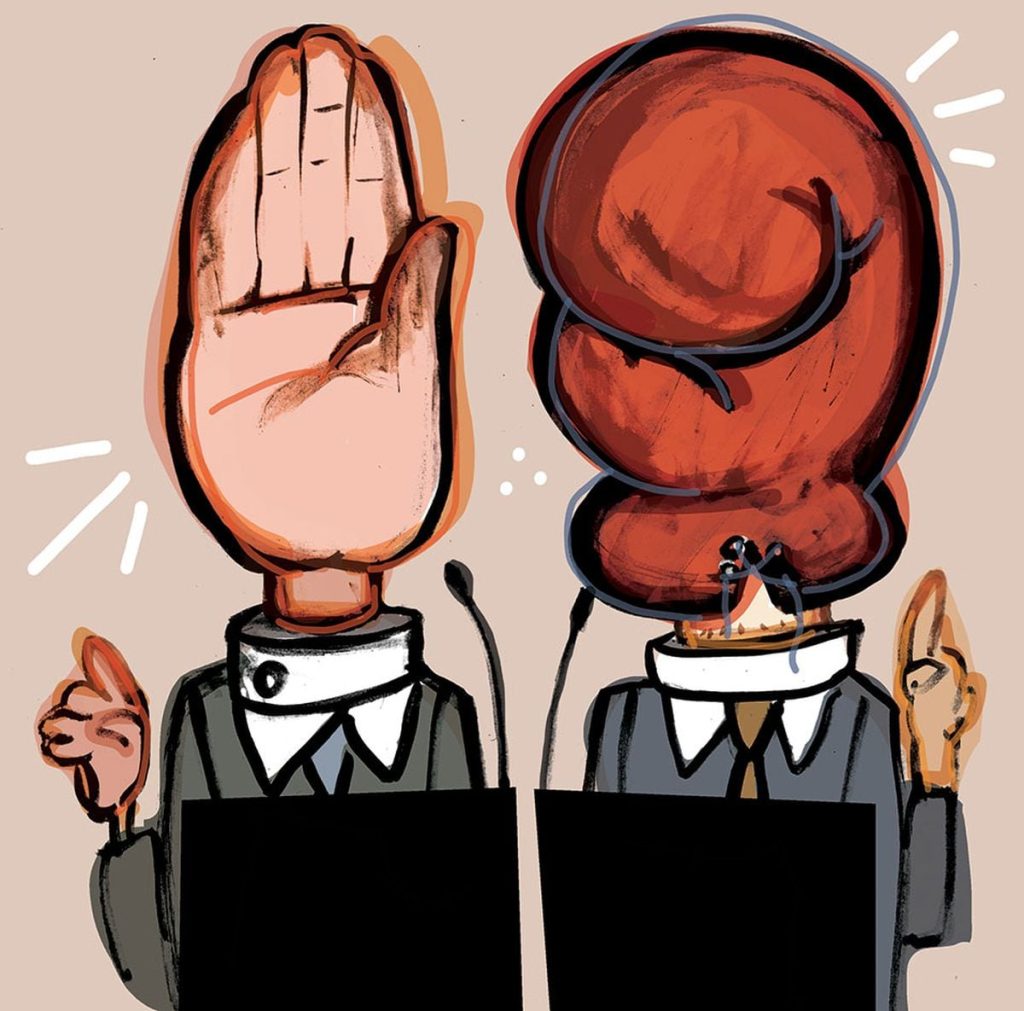Politics in the real world is about accessing and maintaining power, controlling institutions, and rhetorically legitimizing mandates. However, some believe that politics should have a moral purpose, striving for the common good and the construction of a general interest that is the result of interaction, mutual listening, and deliberation of all affected individuals and interests. The ethics of politics demand responsibility, balance, prudence, and the reconciliation of divergent interests within a specific government unit. In this republican view, politics emerges through respectful interactions with others. On the other hand, the agonistic view of politics, following Carl Schmitt’s ideas, sees politics as a struggle for power guided by selfish behaviors, detached from morality.
In recent years, politics in many countries has shifted towards intense confrontation, turning legislative and parliamentary cooperation into a rare occurrence. This has led to the perception of politics as a realm of dirt, lies, and constant manipulation. The rise of social media and changes in political communication have amplified the importance of scandals in modern democracies, as a politician’s power increasingly relies on their symbolic reputation and public trust. The fusion of the front office and back office of a politician’s actions due to digital technology has exposed them to constant scrutiny, leading to a vulnerability that can be exploited by those who engage in constant combat and lack moral standards.
In a functioning democracy, corruption and fraud involving politicians are detected and punished through institutions dedicated to preventing and combating these issues. However, in countries with weak democratic systems, detection relies on politically motivated denunciations, biased investigations, and delayed or negotiated sanctions. In Spain, institutions for preventing and tackling corruption are still weak, and political parties often fail in selecting and training individuals for public office. This leads to a culture where abuse of power for personal gain is prevalent, with politicians and rent-seekers exploiting opportunities for enrichment. Creating a national integrity plan, agreed upon by major political parties, could significantly improve the situation by ensuring independent oversight, ethical party controls, impartial administration, and transparency in decision-making processes.
The rise of populism and the agonistic approach to politics have eroded the fabric of dialogue in democracies, leaving room for authoritarian tendencies to flourish. Criticizing one’s own side while failing to adequately address the faults of opponents may indicate a capitulation to the divisive logic of populist politics. To prevent the inevitable deterioration of democracy, it is crucial to resist the allure of relentless confrontation and prioritize constructive dialogue and cooperation. Manuel Villoria, a political science professor and member of +Democracy, emphasizes the need for a shift away from antagonistic politics towards a more ethical and collaborative approach to governance.


